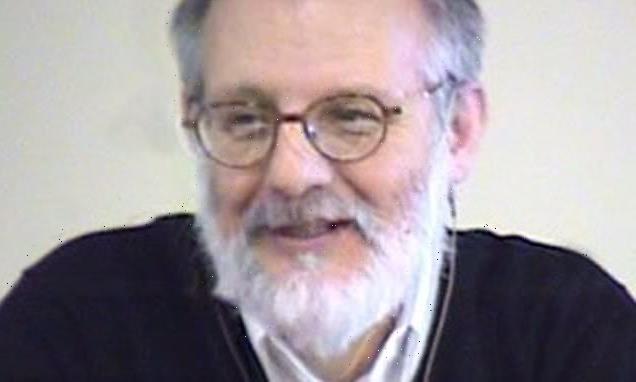Nicola Sturgeon challenged on Cambo North Sea oil field
We use your sign-up to provide content in ways you’ve consented to and to improve our understanding of you. This may include adverts from us and 3rd parties based on our understanding. You can unsubscribe at any time. More info
A group of campaigners from Green New Deal Rising and the Stop Cambo campaign approached Scotland’s First Minister at the Govanhill Carnival in Glasgow and asked why she was letting “big corporations profit from dirty energy”. Shell, along with private equity-backed Siccar Point Energy are expected to receive final approval to go into production at the Cambo field shortly before COP26. Campaigners claim that, if given the go-ahead, the Cambo site could yield as many as 255 million barrels of oil over its lifetime.
They estimate that 132 million tonnes of CO2 emissions that could be produced would require an area of land some 1.5 times the size of Scotland to counteract them.
Asked if she would oppose the plans, Ms Sturgeon said: “Look, I’m not going to stand here – it’s not an issue for the Scottish government.
“We are thinking about all of these things, we are trying to come to the right decision. There’s no doubt we should be moving away.
“So there are hard questions to ask about whether things like that are commensurate and I totally get that. There are tough things for all of us to address and make decisions on.”


One of the activist then asked the SNP leader why she would not commit to opposing it.
Ms Sturgeon added: “You can have a politician that says to you what you want to hear, because you are standing here, or you can have a politician that says I do hear what you say, and I’ve got a lot of sympathy with it but there’s issues as First Minister I’ve got to make sure that I properly consider.
“And that’s what I’m choosing to do.”
A Scottish government spokesperson later added: “We are wholly committed to becoming a net-zero economy by 2045.
“While this is ultimately a reserved area, any Scottish government support for oil and gas businesses operating in the North Sea is conditional upon them contributing to a sustainable and inclusive energy transition, and ensuring a secure energy supply.”

They claimed the oil and gas sector could play a “positive role” in Scotland’s energy transition, helping to design the diverse energy system we need for the future.
Speaking after the incident, campaigner Lauren MacDonald, 20, who challenged Ms Sturgeon, said: “We are hosting COP26 in my home city this year, yet Nicola Sturgeon and Boris Johnson both have taken nowhere near enough action to meet the commitments already set.
“The Scottish Government can’t call itself a climate leader without opposing the Cambo oil field.
“How can we trust our governments to tackle the climate crisis when time and time again they refuse to take meaningful action to mitigate its effects?”
“I am genuinely terrified for my future. It makes me so frustrated that when I confront the leader of my country, she refuses to commit to taking action to safeguard the lives of her citizens.”
DON’T MISS
Black hole shock: Scientist’s dire warning to humans [VIDEO]
Asteroid apocalypse: Scientist warns of ‘city-destroying’ space rock [OPINION]
Why ‘Trillion tonne rock hurtling towards Earth’ was ‘bad news’ [EXPLAINED]


It came after Prime Minister Boris Johnson signalled that he would not stand in the way.
When quizzed on it during a visit to a wind farm off Scotland’s northeast coast on Thursday, he said: “This was a contract that was signed in … 2001 and we can’t just tear up contracts. There’s a process to be gone through.”
He said there was a need to “transition as fast as we reasonably can” away from oil and gas, but the move to greener forms of power generation should be “smooth and sensible”.
Climate minister Alok Sharma was warned the world is on the “brink of a catastrophe” adding that “we are getting dangerously close” to running out of time.
But Mr Sharma refused to criticise the Government’s plans for further fossil fuel extraction.
He added: “Future [fossil fuel] licences are going to have to adhere to the fact we have committed to go to net-zero by 2050 in legislation,” he said. “There will be a climate check on any licences.”
Source: Read Full Article


